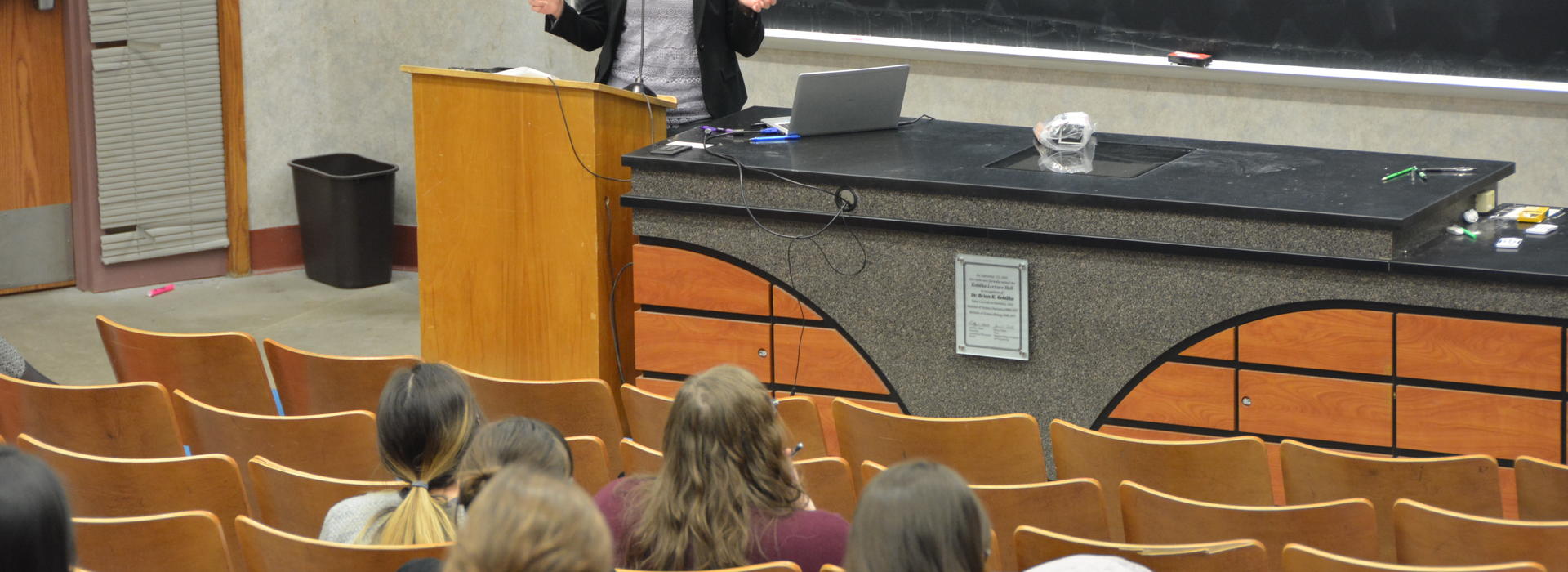
Combating the Opioid Crisis: Duluth Campus and College of Pharmacy Team-Up for Interprofessional Naloxone Training Workshop
Despite recent efforts, the opioid crisis continues to grow in our nation. A report from the National Safety Council revealed that the odds of dying from an accidental opioid overdose surpass the odds of dying from a motor vehicle accident.
In an effort to combat the growing opioid epidemic, the University of Minnesota Medical School and College of Pharmacy on the Duluth campus joined efforts to produce a Naloxone first aid response training and distribution workshop to improve professional education for the treatment of opioid overdoses.
"The opioid problem has become an epidemic in Minnesota, and we need to have a multi-faceted approach to addressing this issue," said Ryan Harden, MD, MS, who is an assistant professor in the Department of Family Medicine and Biobehavioral Health on the Duluth campus. "This starts with educating medical and pharmacy students on the significance of the problem, so they can spread the word to the community and other medical professionals."
For the first time in 13 years, the U.S. Surgeon General released a public health advisory in 2018, recommending that health care providers leverage the lifesaving medication, naloxone, and learn to identify patients at high risk for overdose. To amplify the Surgeon General’s call-to-action, the Medical School will now annually provide medical students and future students the training along with the College of Pharmacy. "By educating our students together, across professions, we do our part to advance the Surgeon General's recommendation – ’Be Prepared. Get Naloxone. Save a Life,’” added, Peter Nalin, MD, MBA, FAAFP, department head of Family Medicine and Biobehavioral Health on the Duluth campus.
"One of the other primary objectives of the workshop is to encourage students to practice working interprofessionally," explained Dr. Harden. "The training demonstrates how to engage effectively by being aware of other public health partnerships and resources."
At the end of the training, students were provided the opportunity to obtain a naloxone kit through a grant with the College of Pharmacy, supported by the Rural AIDS Action Network.
"By offering this training, it will help prepare students to serve as a resource in their future communities," said Laura Palombi, PharmD, MPH, MAT, AE-C, assistant professor with the College of Pharmacy-Duluth. “Communities value practitioners who are engaged to make a difference and serve as advocates.”